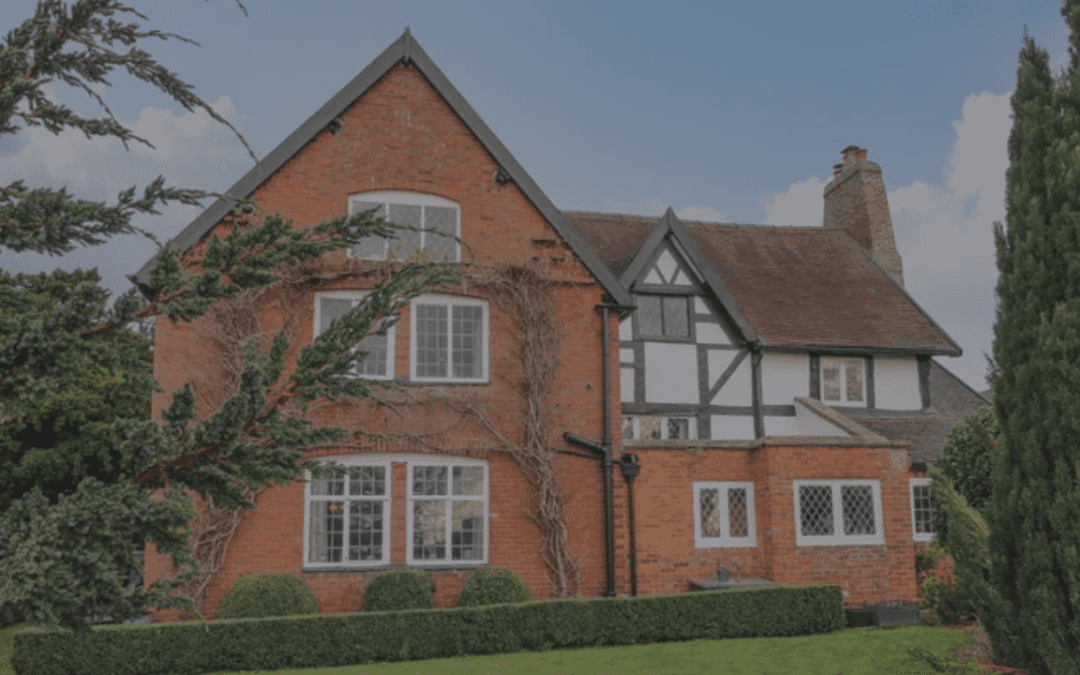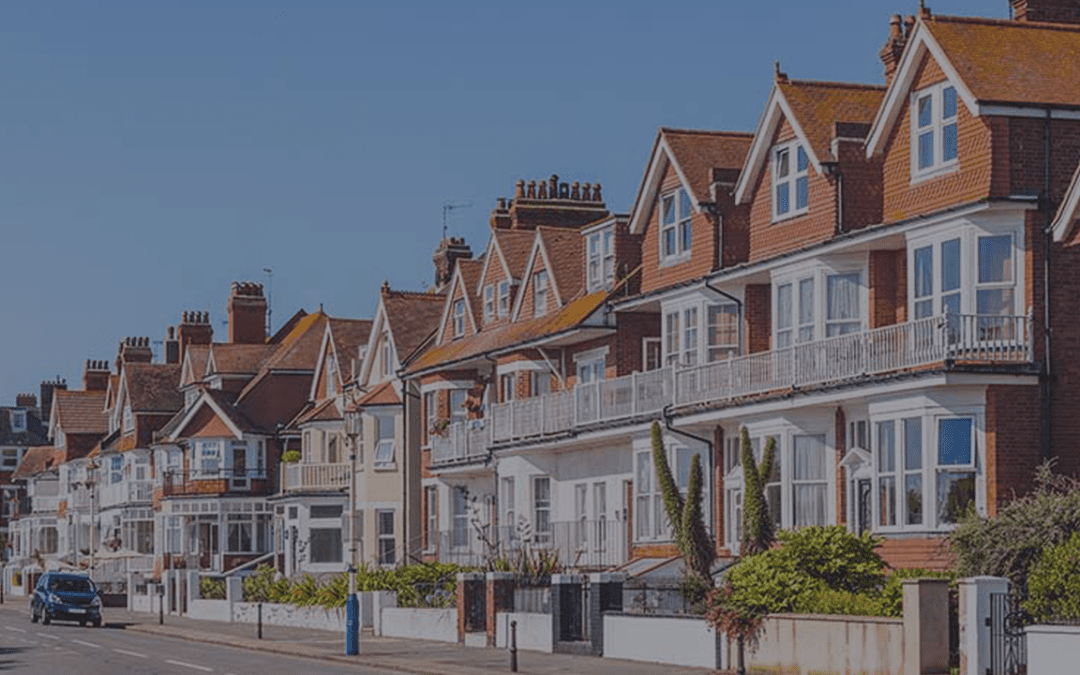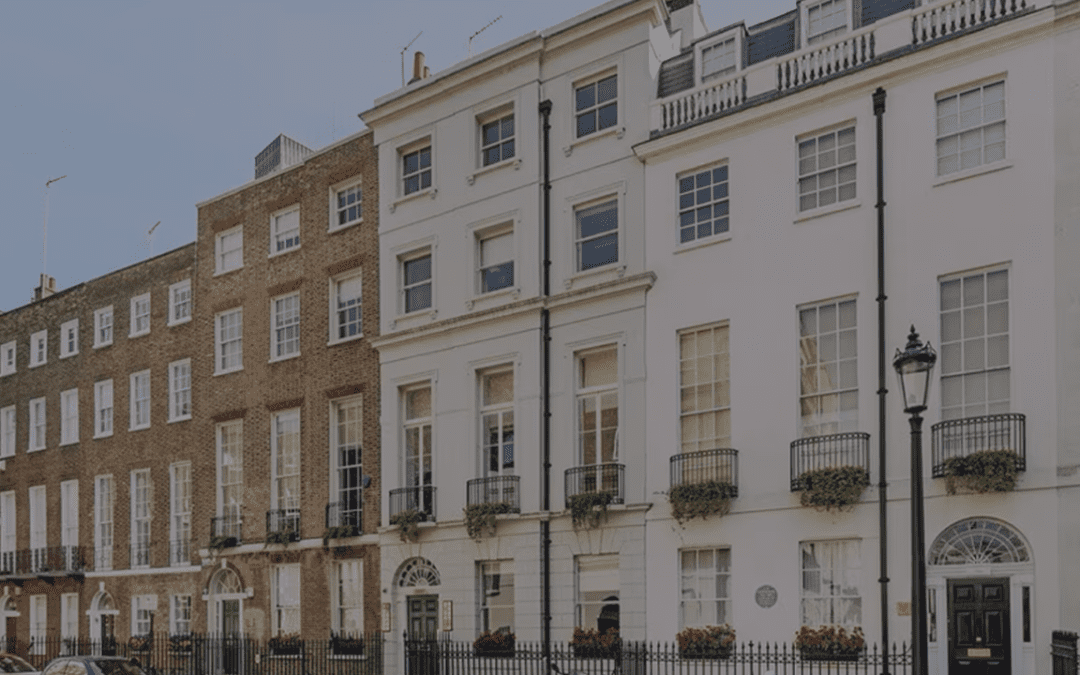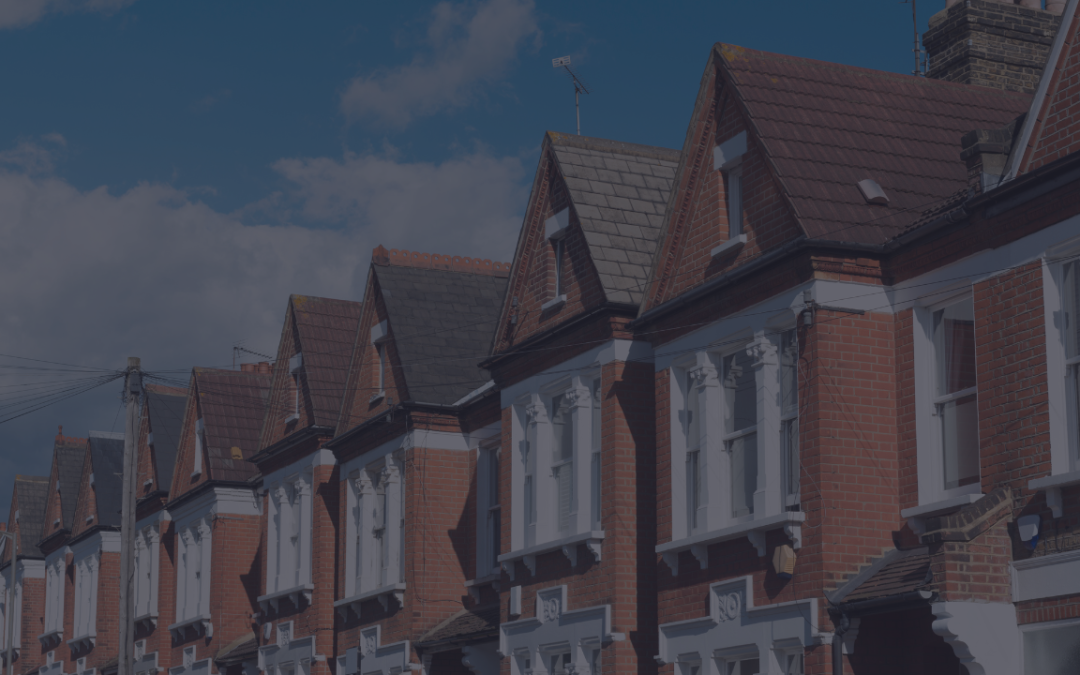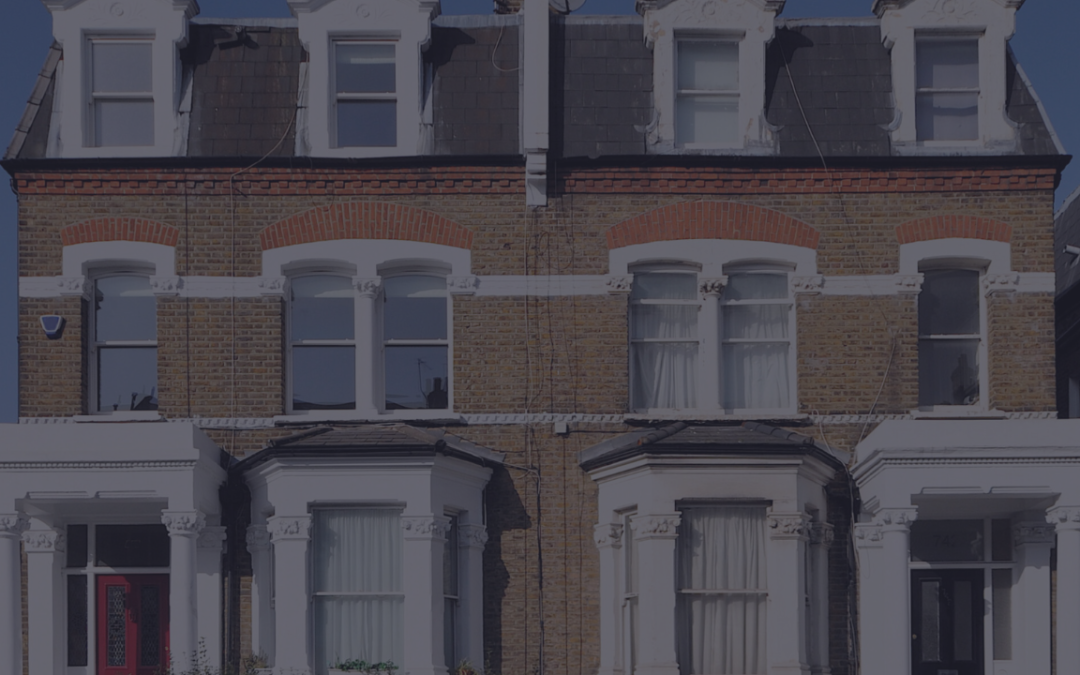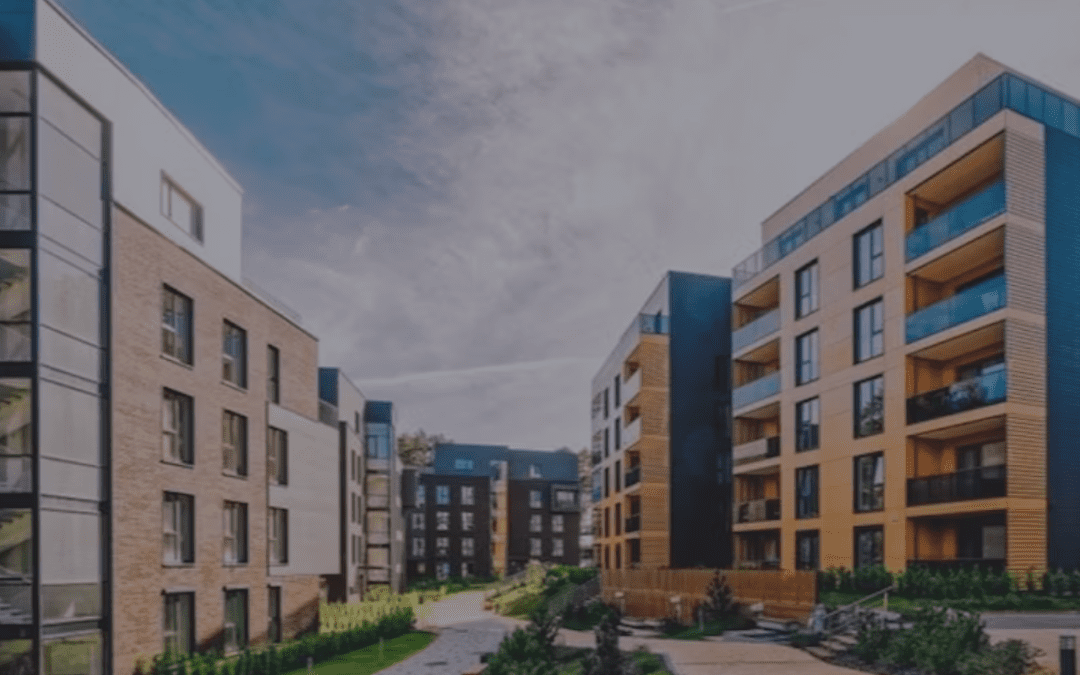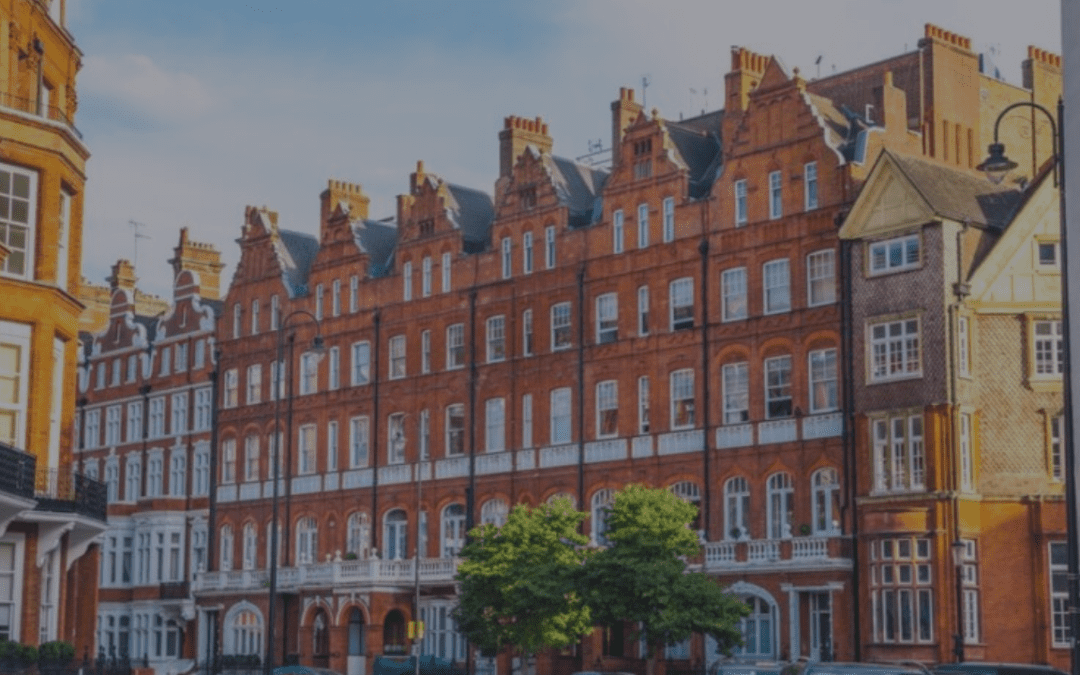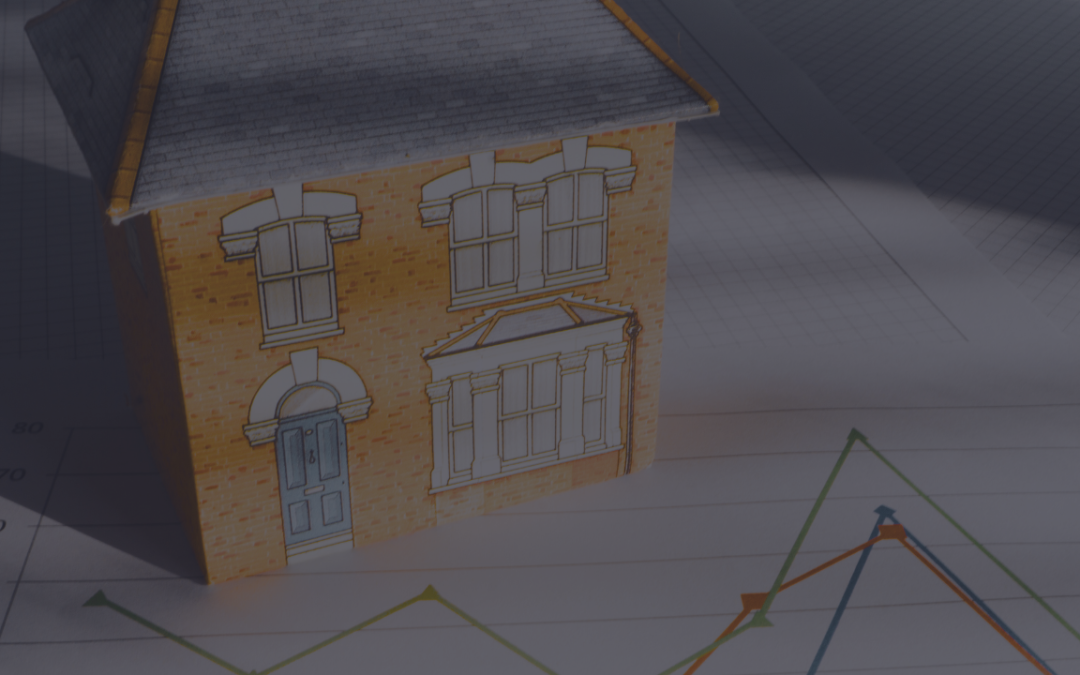In this blog post, I’m going to discuss if should you have interest only or repayment mortgages if you want to invest in the UK. Now this is a really important topic you need to get your head around because this is going to have a massive impact on the cash flow on your properties if you get this wrong.
Understanding Repayment Mortgage
et’s talk about repayment mortgages first of all. A repayment mortgage is where you borrow some money to buy a property and you might have a 20 year term on that mortgage. Each month you make a payment that is part interest and part repayment. So at the end of the 20 years, the amount you owe comes down and down. By the time you finish the mortgage at 20 years, you’ve completely paid back all of the capital and all of the interest during the loan periods. This is the type of mortgage that most people have on their own residential properties, that’s where they live themselves. The reason you need to have it on your residential, or the reason most people think you need to have it on your residential, is because at some point in the future, you probably will need to pay off your own home mortgage. That’s because when you reach retirement age, you won’t have as much income coming in which is the case for most people.
Mortgage companies will wonder how you’re going to pay your mortgage if you’re not working so they want you to pay it off just before you retire. That’s why it’s called a mortgage by the way because most people, unfortunately, retire and then very often after 6 or 12 months they tragically die. That’s because they’ve been working all their lives and suddenly they retire, and then they’ve got no sense of purpose and they kind of die. In other words a mortgage, which is a French word meaning more to gauge, is a measurement until death. Rather morbid I’m afraid, but that’s kind of what it means. So most people take out a mortgage, they pay it off just before they retire and tragically, they often die once they retire.
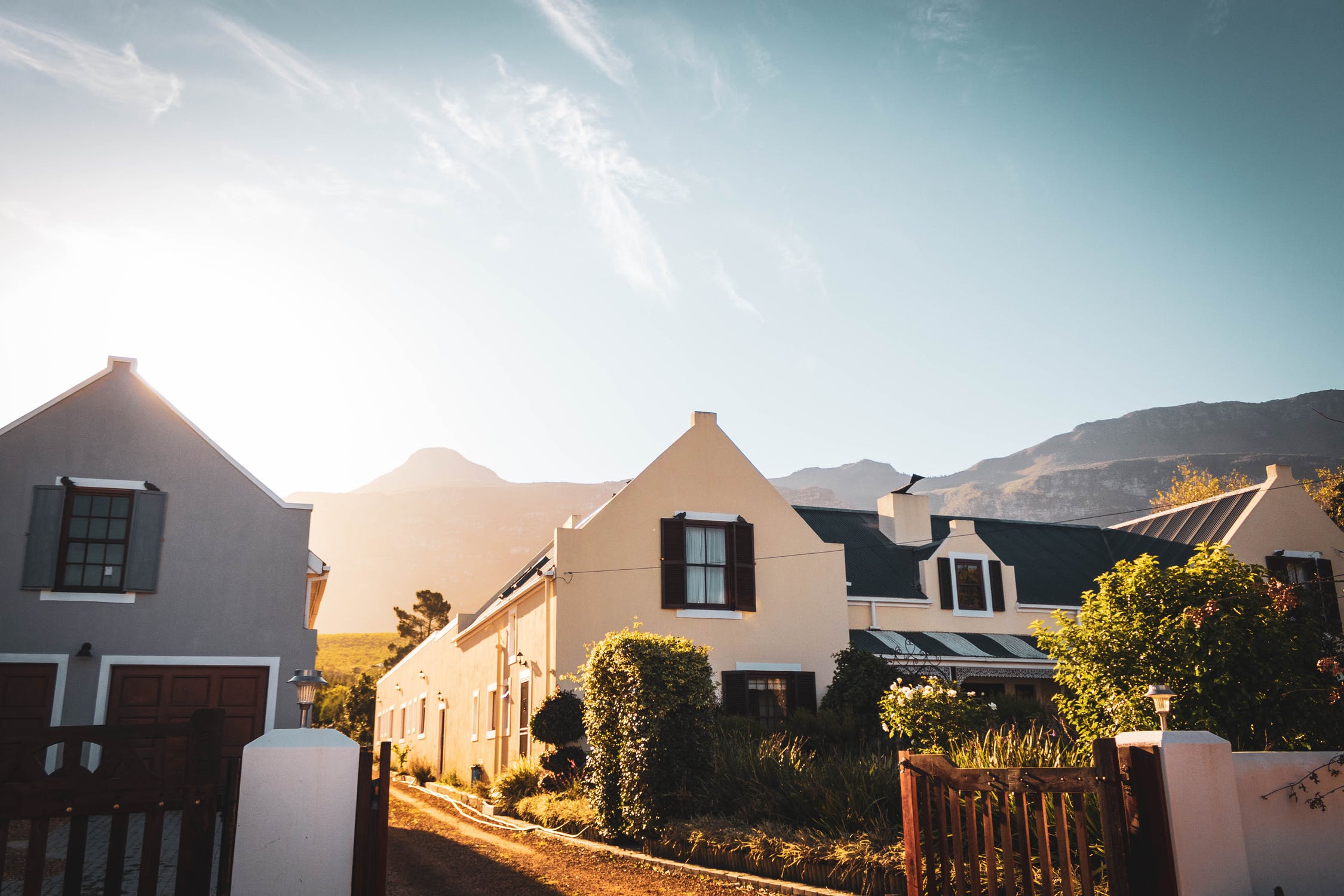
Buy Investment Properties to Increase Your Cash Flow
Now that’s a repayment mortgage. Many people bring the thought “I’ve got to pay my mortgage” down into the world of property investing, but property investing is different. The key difference is that with an investment property, you’ve got tenants in that property who are paying you rent. That rent should cover the mortgage, the insurance, the maintenance, the management fees and give you profit leftover. You must always make profit from your investment properties. If you don’t, it’s not a good investment. Don’t buy it. You must make cash flow from every property you buy, that’s actually golden rule number 3 from my book, Property magic. If you’re paying a repayment mortgage, the payments are more every single month. So we have a repayment mortgage on your buy-to-let property. What this means is as well as paying the interest, you’re paying the mortgage down. That means in maybe 20 years the house is paid off, but the problem is it means you’re paying more every month. So you might have the same cash flow.
The reason most people get into property investing in the UK is because they want to get cash flow. They want to get profit every single month. If they have enough properties giving them profit, it means they could replace their income and they don’t have to go to work. That’s what I was able to do back in 2001. I started working at Cadbury’s in 1995, I started buying property and by 2001, I was able to give up my full time job at Cadbury’s. Now I love Cadbury’s. It was a great company, the people who worked there were great, great products etc. The problem was I didn’t have the freedom that I wanted in my life. I love going on holidays and I only had five weeks’ holiday. The other thing is I had to get up early to go to work every day and I didn’t like getting up early. Now, ironically, I get up early every day but that’s because I want to get up instead of because I have to get up and go to work. The point is that if you get enough of these cash machines, you can replace your income. I did it by age 32. 2001 was when I left my job and it took me a couple more years by 2003, when I was 32, to completely replace my former income.
If I had repayment mortgages on all of those properties, I would have had less cash flow every single month and it would have taken me longer. So this is one big reason why you should have interest only because you want to get the cash flow from your property.
“You must always make profit from your investment properties. If you don’t, it’s not a good investment. Don’t buy it. You must make cash flow from every property you buy.”
How to Pay Off an Interest Only Mortgage
When you have an interest only mortgage, let’s say you take out a £150,000 mortgage. Normally you get 75% of the value of the property. So with a £200,000 mortgage, you put a £50,000 deposit in and get a 75% mortgage, £150,000. At the end of 20 years, you still owe that £150,000. A lot of people worry about that. They say, “Well hang on a minute. Surely when the mortgage runs out, I’ve got to pay that back,” and yes, you have to pay it back to that mortgage company. But there are a number of ways you can pay that back at the end of the mortgage term.
First of all, you could actually remortgage and go to another company. With your own home, you have to pay that back by retirement age. But in your investment property, you’ve got other people paying the mortgage for you so what you earn is not so important. It’s more about the rental income generated from that property. What that means is that you’ve got this property generating income. Even if you’re 70 right now, you can be 70 years old and you could get a real mortgage on your buy-to-let property for another 20 years. It’s based on the income generated from that property. What that means is you don’t need to repay your mortgage. You could just refinance it and get another mortgage. So that’s the first point and the first way of paying off your mortgage in 20 years time.
The next way is, you’re probably not going to buy just one investment property. You’re probably going to get a number of properties in a property portfolio. What my plan was originally was to maybe get 10 properties. As those properties go up in value, and that’s what generally happens in the UK because we live on an island with a limited amount of accommodation and an increasing population. Therefore over the long-term property prices and rents also go up. Now we know property prices don’t always go up. Property, just like any other market, is cyclical. It goes up and it comes down. It comes up and it comes down, but the long-term trend is up. So my plan was to maybe get 10 houses and over time, as the value goes up, as each property maybe doubles in value, I could sell half of my properties and use that money to clear the mortgages on all of the other ones. So if I have 10 and I sell half of them, that’s 5 completely paid off. I get all the cash flow from those properties. That’s a great strategy. Assuming you’re not going to have just one, you might have a number of properties, some of which you sell to pay down the mortgages on the ones you’ve got left over, if that’s what you want to do. So we talked about two different things there. One is you can remortgage your property to a new lender.
The other thing is you can actually sell some properties to pay down the debt. So there are lots of things you could do to pay back the money you’ve borrowed for your investment properties.
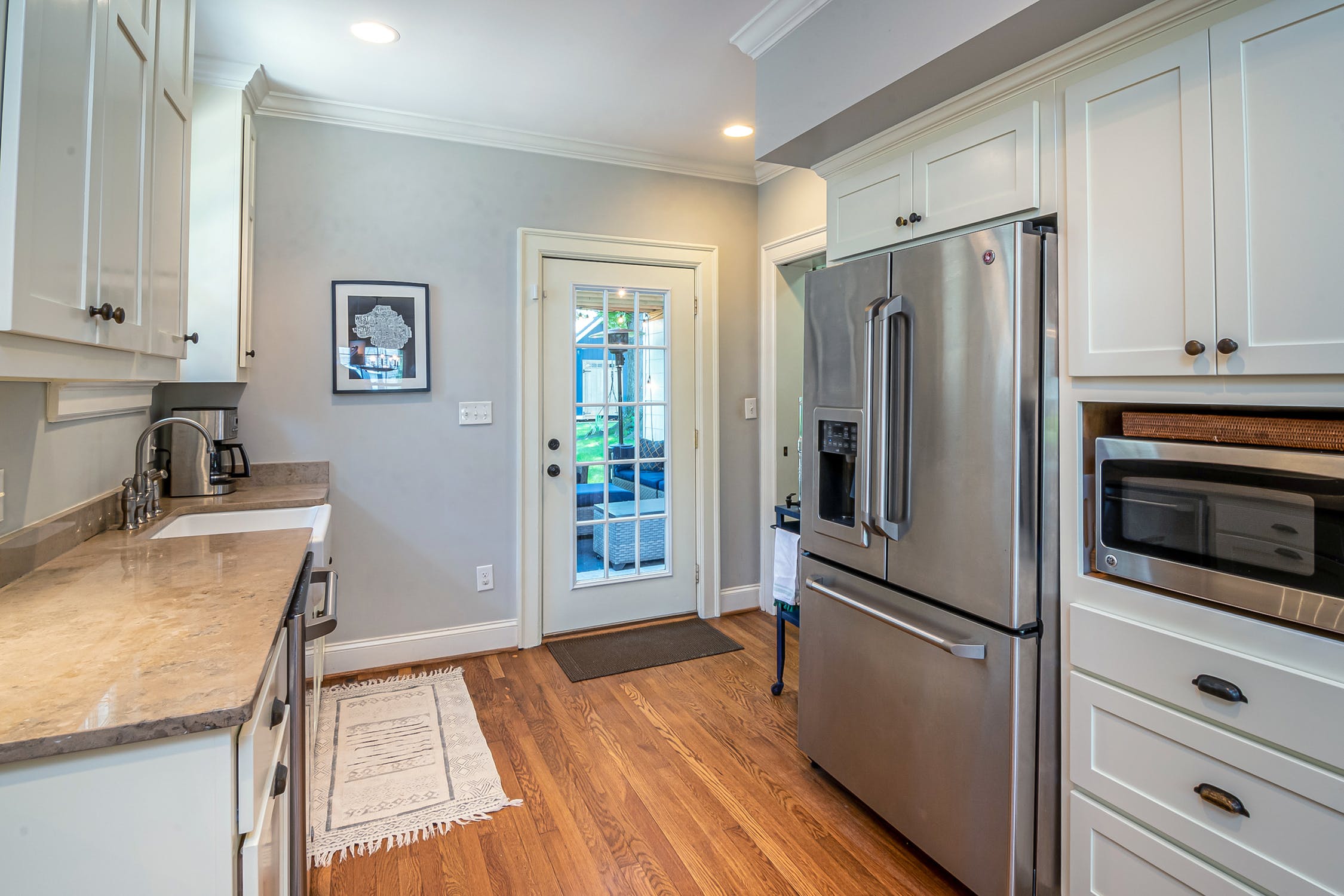
Utilise Your Assets and Borrow Some Money from Your Own Home
A great strategy I’ve talked about in one of my other posts is how to pay off your mortgage in 8 to 10 years by borrowing some money from your own home. Use that money to buy some investment properties. As the value goes up over time, you can remortgage the investment properties to completely pay off the mortgage on your own home. What that means is over time, you completely clear your home mortgage. You have some investment properties, which continue to give you cash flow and which continue to go up in value over time. So it’s really important you think very carefully about how you utilise your assets in general and on your own home. Whilst you might need to repay that back by a certain point, your investment properties, you don’t need to pay them back. So therefore, why would we pay repayment mortgages, where eventually the mortgage is going to be paid off, if we don’t actually need to do that? Instead we can have an interest only mortgages, which means we get better cash flow. That’s why many people want to invest in property in the first place, to get that cash flow.
This is what the argument is about, should I do repayment mortgages and pay my mortgages down, or should I do interest only? It kind of depends on what you want to achieve, but for most investors who want to get cash flow coming in, the interest only mortgages are definitely the best way of going. Now when you speak to a lender on your residential property, you can sometimes get interest only, but often they’ll lend you less money. A lower loan to value. If you want to do high borrowing, they do want some sort of repayment because in some period of time, you’re going to have to pay that property off.
I can’t give actual you financial advice because I’m just trying to educate you as to some of the things you can do.
“I could sell half of my properties and use that money to clear the mortgages on all of the other ones. So if I have 10 and I sell half of them, that’s 5 completely paid off. I get all the cash flow from those properties. That’s a great strategy.”
Find an Independent Mortgage Broker to Help You
The other thing you want to do is go and find an independent mortgage broker who’s got access to the full market. Now this is someone you could meet at one of our property investor network meetings. You might already have a great broker, but it’s really important to understand they are fully independent and have full market access. Sometimes people make the mistake of speaking to their bank and saying, “What can I do in terms of mortgages for my own home or for property?” or maybe they speak to their current lender. The current lender tells them what they can do, but this means the person is only hearing about the bank or that lender’s products.
There are so many different products in the mortgage market. It’s important you get someone who understands what they’re doing who, ideally, is actively investing in property like you are. They can understand your personal circumstances and they can give you some guidance on what is the best type of mortgage you should be getting for your property investment. It is really important you understand this because this is an important decision you’re going to make. If you’ve made a mistake, if you’ve got the wrong type of mortgage, it’s not the end of the world. Normally you tie in for a 2 or 5 year period on your mortgage and you could simply, at the end of that lock-in period, you could just go and get the appropriate mortgage on your property. That’s one of the great things about property. If you make a mistake, with time, it will solve that problem for you.
I recommend you find a broker, get them to understand what you want to achieve, and get some really good advice so you get the right mortgages for your property investing. I do hope you’ve enjoyed this blog and I look forward to seeing you on the next one.


